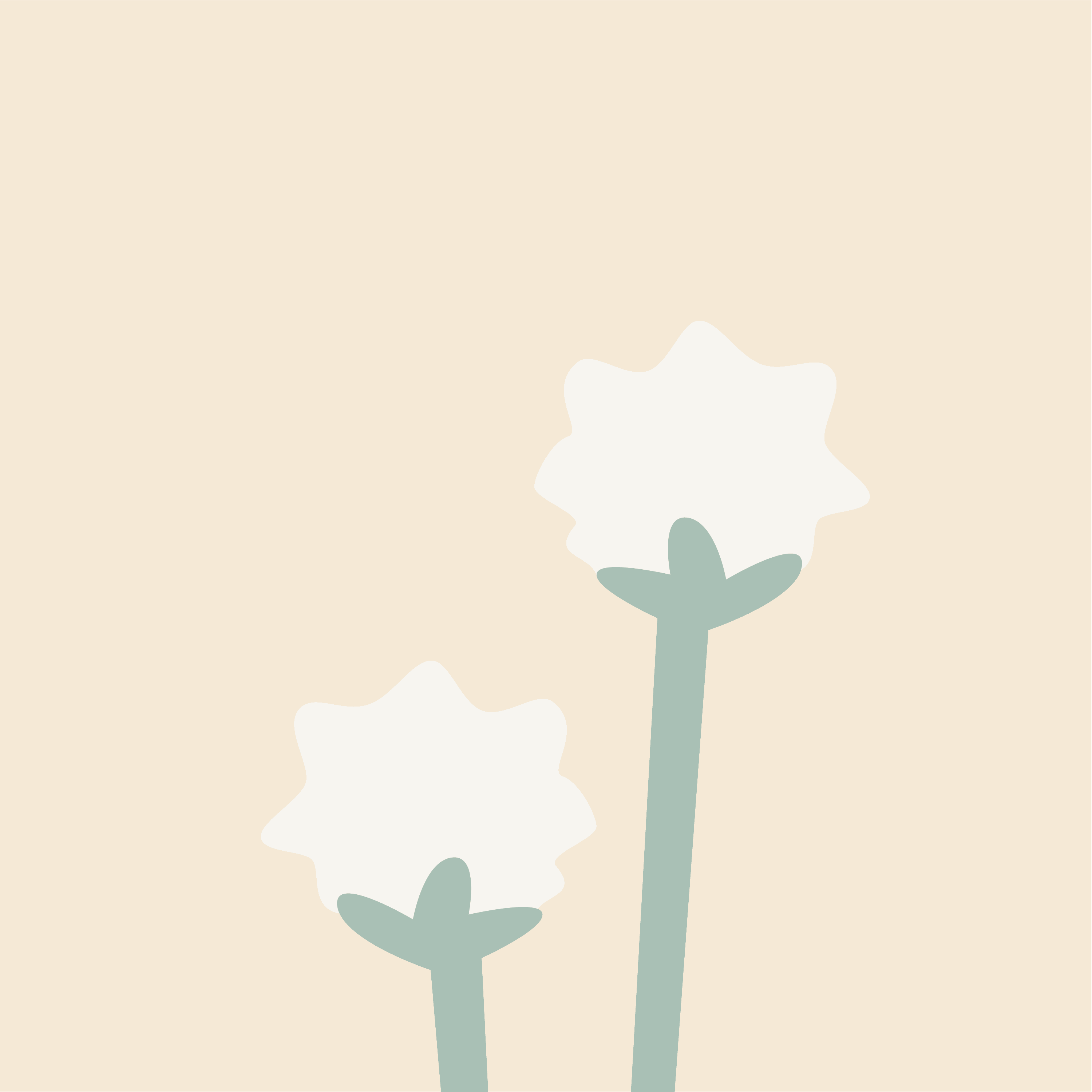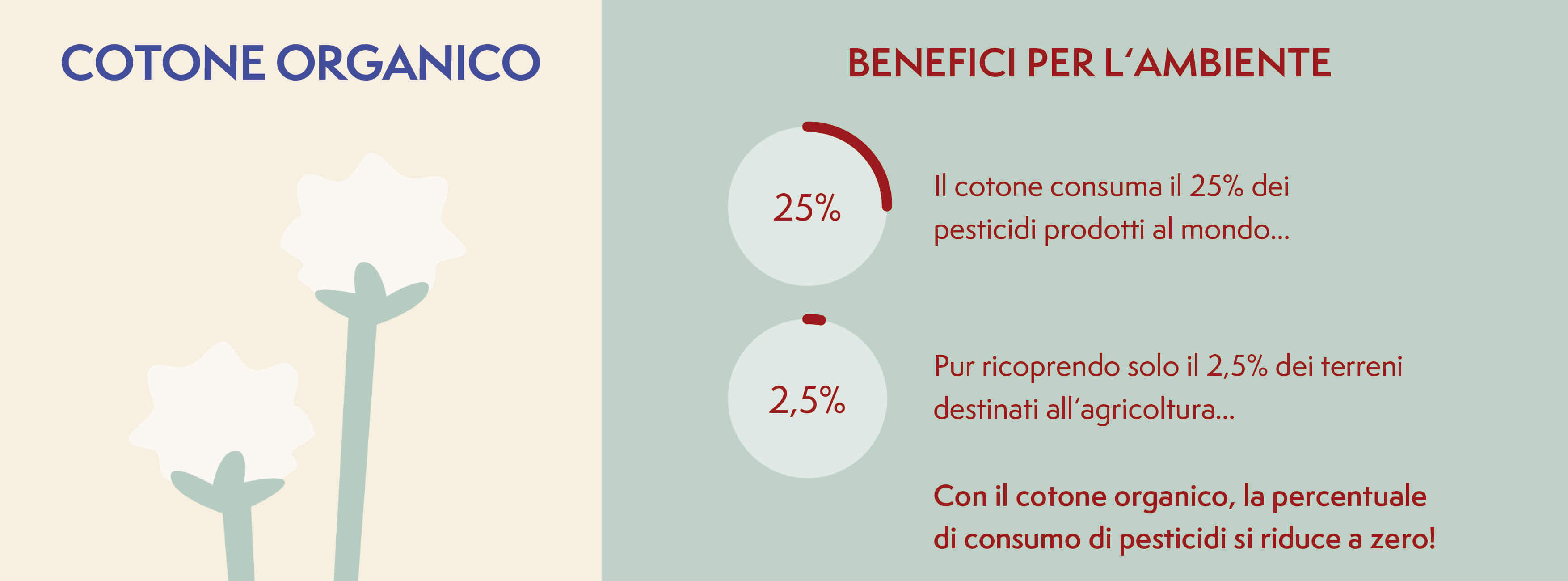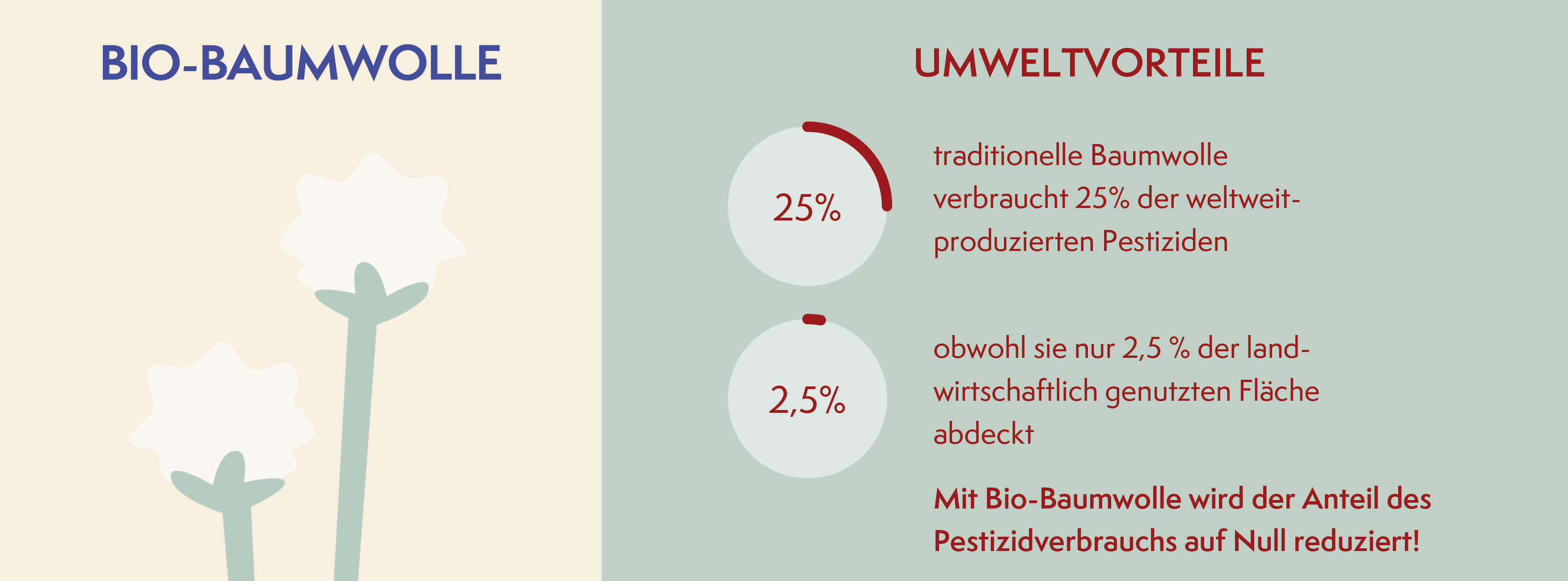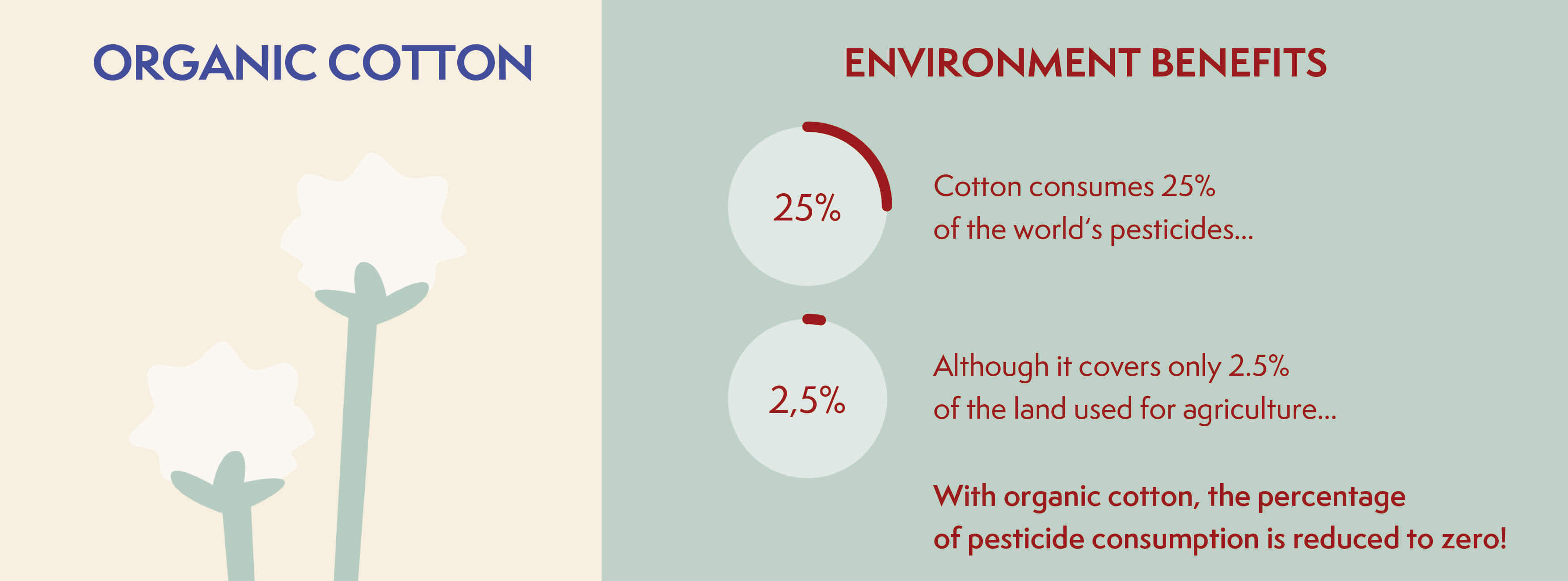
Our soft and natural organic cotton will make you happy!
Cotton is a natural, renewable and biodegradable fibre and the most widely used material in the world: especially for the clothing sector, but it also finds applcation in home textiles, towels and even medical products. However, traditional cotton requires large amounts of water, pesticides and fertilizers, which leads to lower cost of production and of purchasing. Despite this, organic cotton is a better, sustainable and environmentally firendly choice. Why? Unlike traditional cotton, organic cotton is produced without pesticides, herbicides, insecticides or other chemicals such as conventional fertilizers. Cultivating organic cotton also reduces water consumption thanks to the so-called "crop rotation" technique. Besides the positive environmental impact, cultivating organic cotton rather than the traditional one ensures fair, just and healthy working and living conditions: something that we from CORA do not want to underestimate.
There are usually four main steps to turno cotton seeds into cotton fibre and ultimately clothing: planting and growing; harvesting; clenaning the boll; and manifacturing which inclueds cutting, sewing and dyeing. Long story short, it is a soft, fluffy staple fibre that grows in a boll of the cotton plant. As soon as the plant matured the boll bursts open in a soft and white wool which could be collected by hand or machine for fabric.
We have chosen this cloth as it provides many benefits for our skin: it is anti-irritating, anti-allergenic, it gives high sensation of cosiness on the skin, it is softer and with has a higher breathable than the traditional cotton.
ENVIRONMENTAL BENEFITS
No chemical products or pesticides
Unlike traditional cotton, organic cotton is produced without pesticides, herbicides, insecticides or other chemicals such as conventional fertilizers. This is possible through the use of beneficial organisms. They prevent vermins from harming the crops in a natural way. All fertilizers used for organic-farming are of natural origin, which also prevents the pollution of the ground water.
Moreover, avoiding fertilizers and pesticides allows to constantly have a healthy and flourishing soil. It also prevents from soil erosion and preserves biodiversity. All in all, the production of organic cotton contributes to reduce global warming and environmental distress.
Reduced water use
Cultivating organic cotton also reduces water consumption thanks to a very old production technique called "crop rotation". Changing the type of crops cultivated on a field regularly increases its fertility. It has been found that water consumption in the organic cotton production is approximately 98% less than the one of conventional cotton.
Organic cotton used by CORA Happywear is cultivated and collected in Greece.

No GMOs
Organic cotton production does not use genetically modified seeds. This represents an important target that CORA achieved to be more respectful towards the environment.



USER BENEFITS
Discover our clothes in organic cotton:
